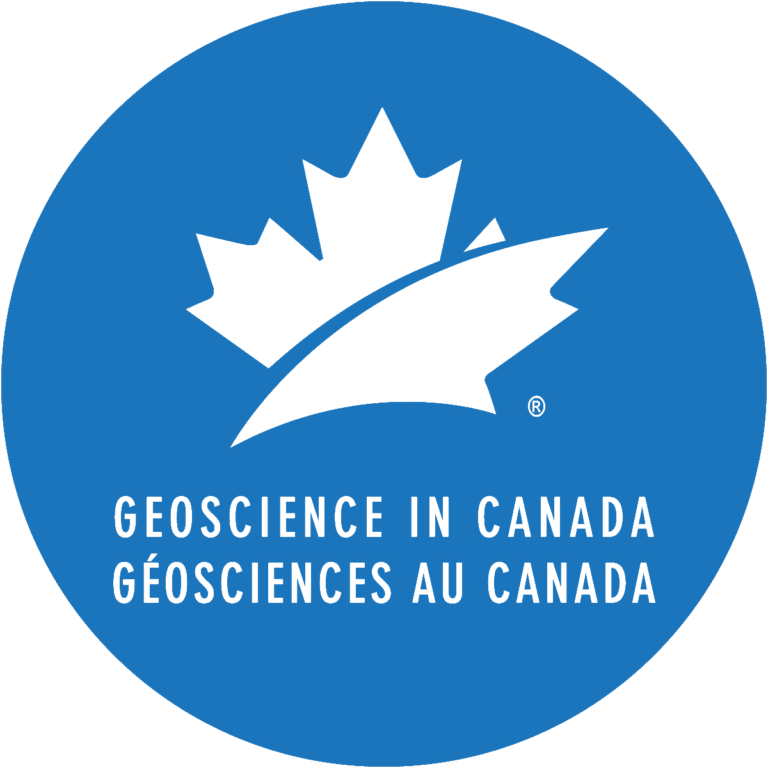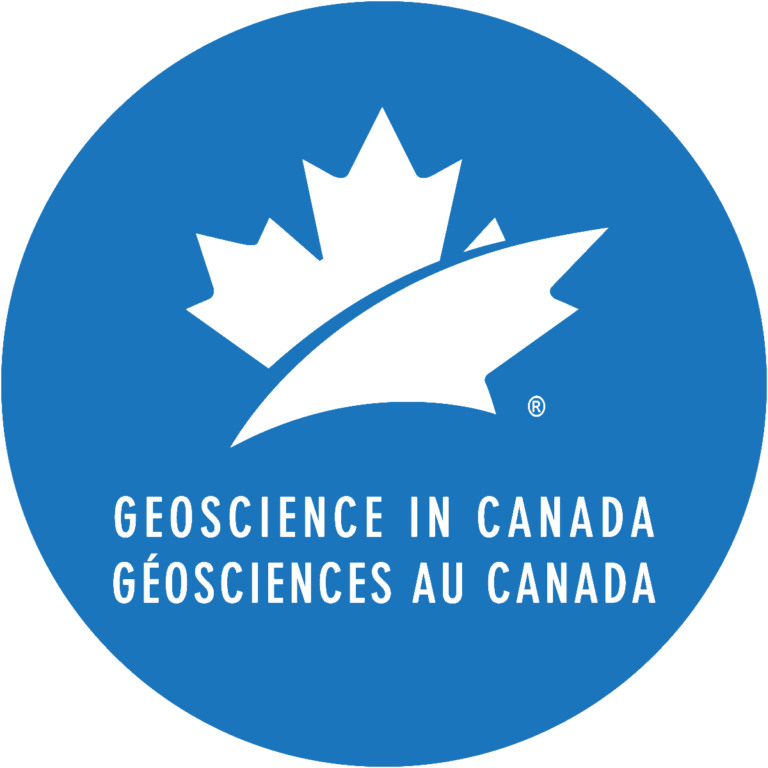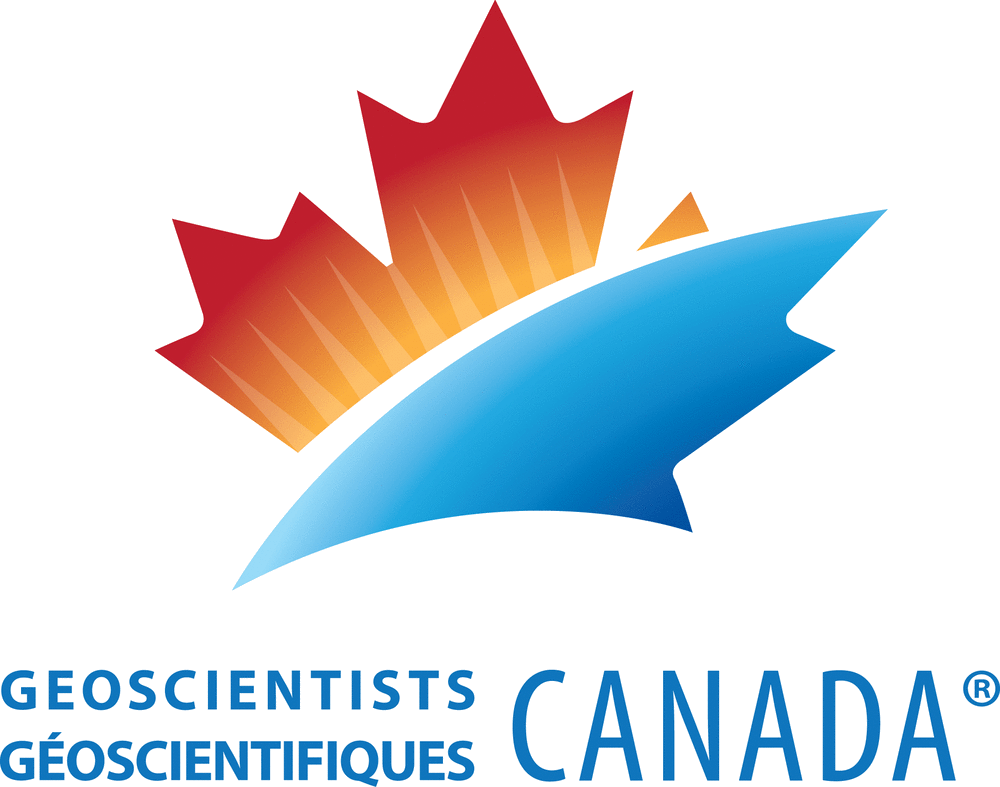Becoming a P.Geo.
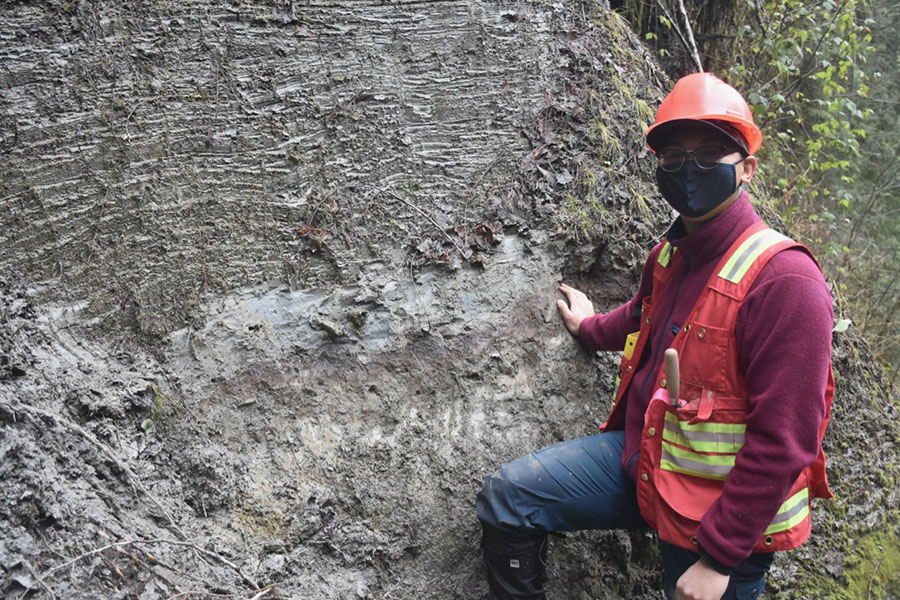
Geoscientists are professionals like architects, doctors, lawyers, foresters and engineers. You wouldn’t hire an unlicensed lawyer or accountant to be your advisor or allow an unlicensed surgeon to operate on you, so why would you hire an unlicensed geoscientist to work for you?
Part of the drive to regulate the profession of geoscience came in the wake of the Bre-X gold mining fraud and the Walkerton groundwater contamination incident; two examples where better public governance of geoscientific practice in Canada could have provided greater protection of the public and prevented loss of reputation about the work of geoscientists.
About the Bre-X gold mining fraud:
The magnitude of the tampering with core samples that we believe has occurred, and resulting falsification of assay values at Busang, is of a scale and over a period of time and with a precision that, to our knowledge, is without precedent in the history of mining anywhere in the world,” Strathcona Mineral Services Limited, Busang Project – Audit Report: – quoted in the book “Bre-X: gold today, gone tomorrow: anatomy of the Busang swindle“ by Vivian Danielson, James Whyte, published by Northern Miner, 1997.
Excerpt from the Part One Report of the Walkerton Inquiry quoting Mr. Justice Dennis O’Connor, January 2002:
More significantly, this water was drawn from an area of highly fractured bedrock. This fracturing, and the geological nature of the surrounding bedrock, made it possible for surface bacteria to quickly enter into fractured rock channels and proceed directly to Well 5. Raw water contamination by coliforms and fecal coliforms was indicated in the initial pump tests in 1978 and continued to May 2000.”
Students
Geoscience graduates have a bright future ahead, filled with opportunities as Canada’s population ages. It is important those of you enrolled in geoscience programs at Canadian universities understand the classes and course work you need to complete in order to apply for registration as a P.Geo. Becoming a P.Geo. is now a requirement in Canada so this is an important step in launching your career. Currently, three principle streams of geoscience education are recognized:
- Geology
- Geophysics
- Environmental Geoscience
For complete details of the P.Geo.’s admissions requirements in a particular province or territory, please contact the appropriate regulatory body directly. Most are familiar with the courses offered at their local universities and can provide information on how individual courses offered equate to the local requirements for P.Geo. registration. You should also talk to your professors, departmental staff and academic advisors. And, for a summary of the admission requirements, you can refer to the Geoscientists Canada booklet, Geoscience Knowledge and Experience Requirements for Professional Registration in Canada, for more information.
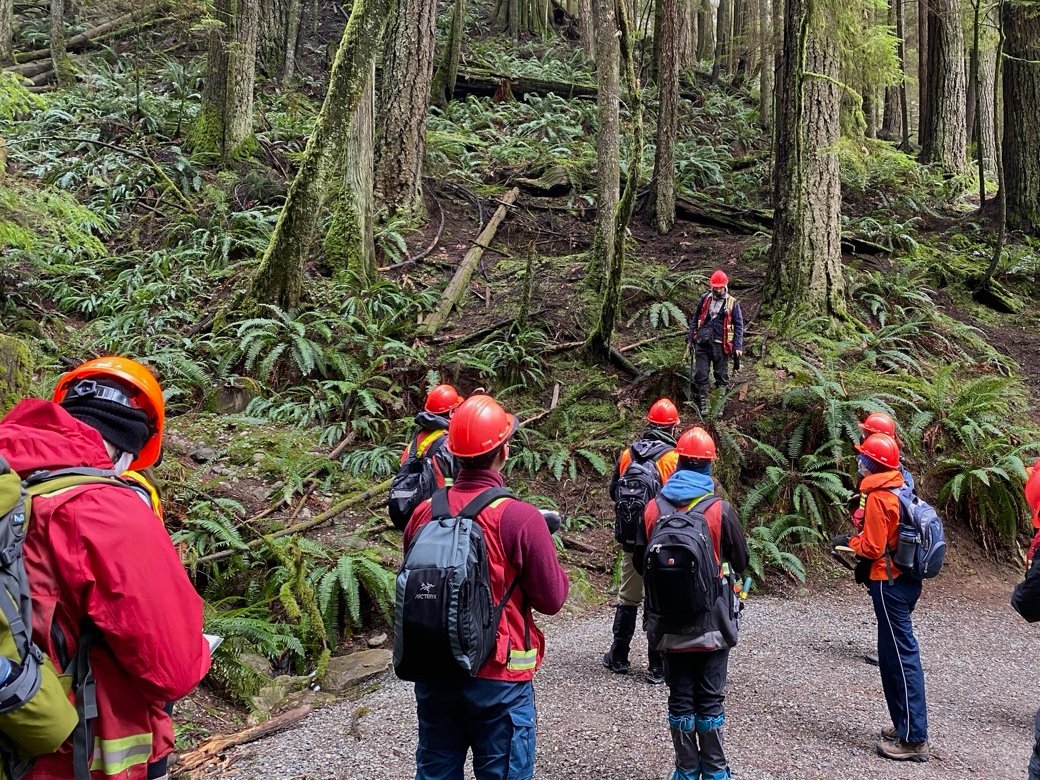
For more information on becoming a licensed professional geoscientist (P.Geo.) in Canada, visit Geoscientists Canada’s website Geoscience in Canada which provides:
- A knowledge and experience requirements for professional registration Self-Assessment Tool
- A Licensing Costs estimator
- Information on Getting Your Licence, Geoscience in Canada, and Coming to Canada, as well as
- Information on, and links to, the Canadian regulators of geoscientists.
To return to the Geoscientists Canada website, click on the Geoscientists Canada logo at the bottom of the Geoscience in Canada webpage.
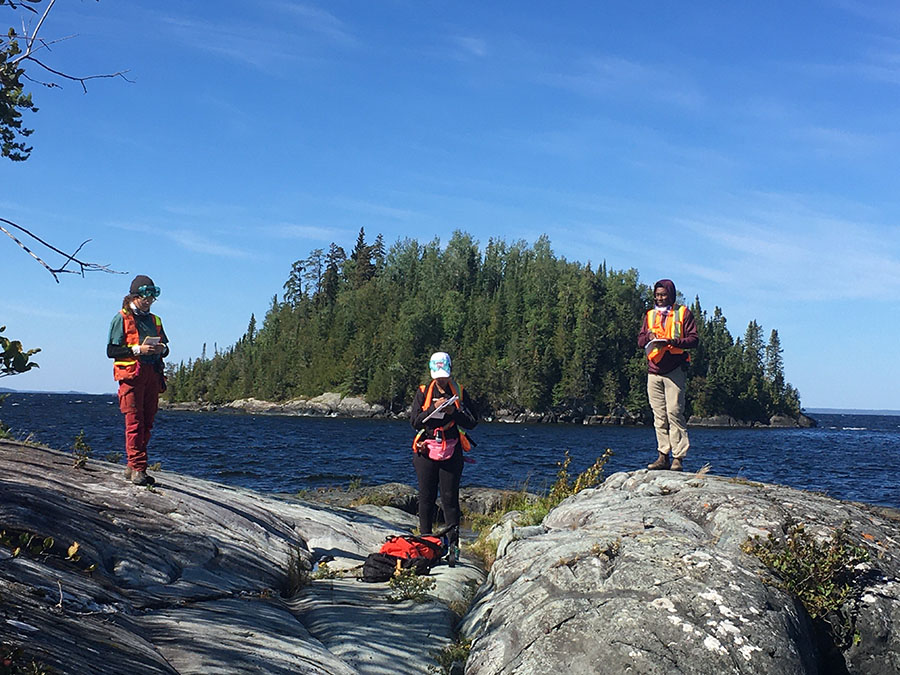
Becoming a Geoscientist-in-training
Newly graduated geoscientists are encouraged to commence the professional registration process after completing their primary degree, by applying to enter a Geoscientists-in-Training (GIT) program. The GIT program helps to streamline the transition to becoming a P.Geo but is not a requirement.
As part of preparing for longer term-career path decisions for employment in geoscience, students are encouraged to take up temporary summer or co-op student employment, and to join and participate in Geology Clubs and Student chapters of national and international technical and learned geoscientific societies.
Two key areas for geoscience employment in the resources sectors are mining and petroleum. Both sponsor very valuable and popular employment orientation annual student field trips/workshops each year. For students considering careers in petroleum geology, there is the Canadian Association of Petroleum Geologists -Student Industry Field Trip (SIFT).
The Student Industry Field Trip, fondly known as “SIFT,” is the CSPG’s flagship student program where 3rd year undergrad geology students are introduced to the petroleum industry. Founded in 1978 by Bill Ayrton, the SIFT program was originally a four-day course that has now grown into an intense two-week program, which has been running for 34 years. Every year following the end of the winter school term, one student representative from each Canadian university offering a geosciences or geological engineering degree is brought to Calgary for a comprehensive introduction to the petroleum industry
Meghan Speers, SIFT Chair, CSPG
Those interested in working in mineral exploration and mining should consider the Prospectors and Developers Association of Canada’s Student-Industry Mineral Exploration Workshop
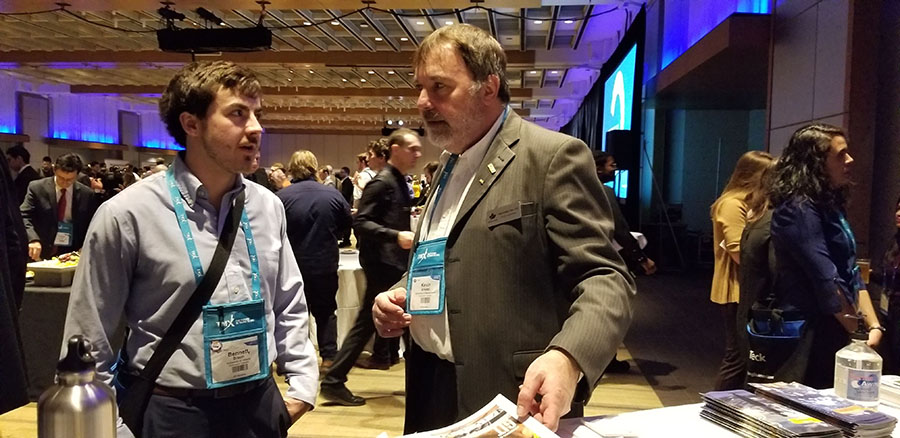
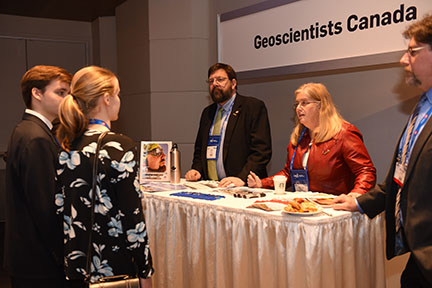
The event is designed to attract students to the mineral exploration industry and to give them a practical and business perspective of mineral exploration not generally available in the classroom. This country is a world leader in mineral exploration. If we are to retain this predominant position, we must do everything we can to encourage highly qualified young people to enter the industry. The students attending this workshop are our future leaders.
Scott Jobin-Bevans, P.Geo. PDAC past president and co-founder of the S-IMEW workshop
Many industry organizations, as well as other geoscience societies and associations in Canada have active students’ pages on their websites where students can find information about careers, employment tips and student employments opportunities.
Employers
Individuals are required, by law, to be a P.Geo to practice geoscience at a professional level in Canada. The statutes regulating the profession in both Northwest Territories and Nunavut establish one regulatory body to govern practice in both jurisdictions. For professional recognition and to protect the public in Prince Edward Island and Yukon – the one remaining province and one remaining territory where self-regulation of geoscience has not yet been implemented – geoscientists typically register in an adjacent Canadian jurisdiction.
This means that while there are 10 regulatory bodies governing practice, geoscience is regulated in 11 out of Canada’s 13 provinces and territories. For specific information consult the legislation and/or the regulatory body in the relevant jurisdiction.
“The P.Geo. designation is your assurance that documented standards of knowledge and experience have been met by the individual and that a legislated complaints and discipline process is available to address issues of incompetence and/or unethical behaviour. It means you are hiring an individual who can make professional decisions on behalf of your organization and who is practising legally in Ontario. It means you are hiring an individual who can greatly benefit your organization.”
Hiring Geoscientists: How the P.Geo. designation benefits and protects your organization.” A. Waldie, P.Geo. (former Executive Director/Registrar, APGO), Ontario Mineral Exploration Review, Fall 2009.
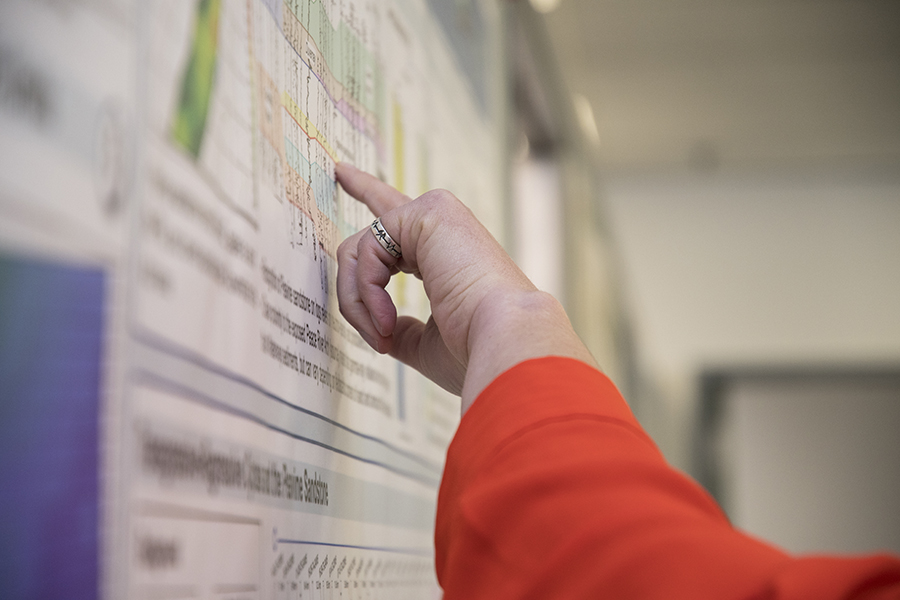
Corporate Licenses
Also in all provinces and territories, except British Columbia and Quebec, it is necessary for a corporation undertaking geoscience work to also register and obtain a license to practice. The corporate license issued by the regulatory body is called either a Certificate of Authorization or a Permit to Practice. Stipulations for the issuance of corporate licences vary from province to province but usually include such items as:
- Articles of Incorporation
- Professional Practice Insurance
- A list of P.Geo employees willing to serve as designated responsibility holders
In the same way that the P. Geo. must act at all time in the public interest and must adhere to a code of ethics and are individually accountable for their work, the entity that is the holder of the corporate licence similarly must adhere to the Code of Ethics, is accountable and may be subject to complaint and discipline proceedings.
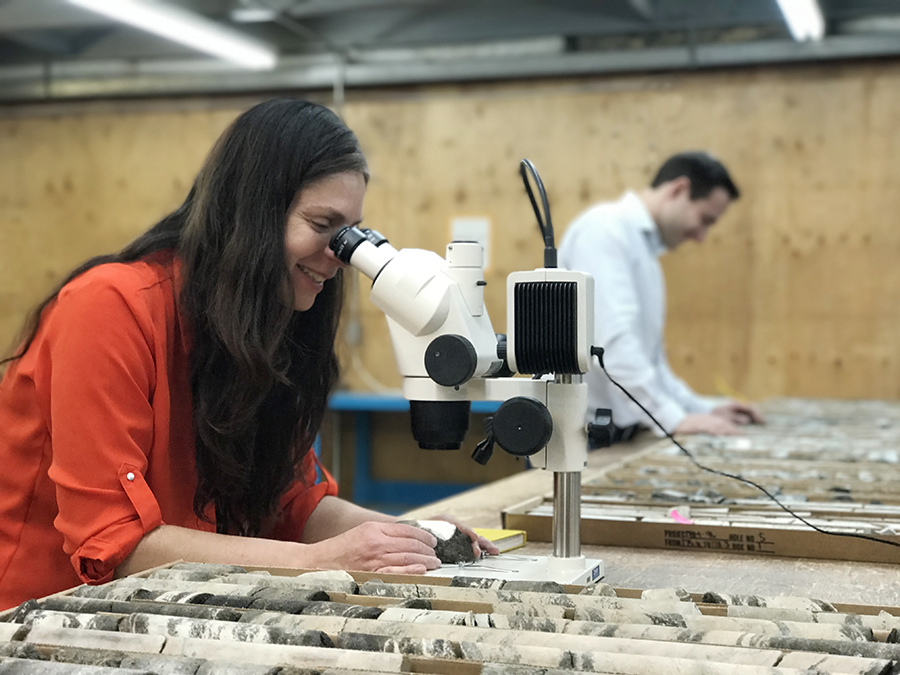
The Need to be Licensed
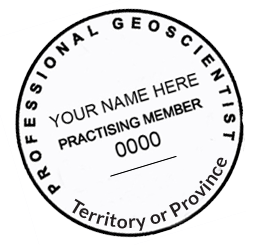
Geoscience is a regulated profession in Canada. To practice in a province or territory in Canada geoscientists must register with the respective professional regulatory body and have a license to practice in that jurisdiction. For the purposes of recognition for professional practice and to protect the public in Prince Edward Island and Yukon (the one remaining province and one remaining territory where self-regulation of geoscience has not yet been implemented) geoscientists typically register in an adjacent Canadian jurisdiction. It is a legal requirement to be registered as a P.Geo, to practice geoscience. Like architects, doctors, lawyers, engineers, and accountants, registered and licensed geoscientists are held accountable and responsible for the work they do. Only in this way do we earn the trust and respect of the public our profession exists to protect.
For example, in Quebec the Ordre des géologues du Québec states :
In Québec, no person may, in any way, claim to be a Geologist, use the title of Geologist or an equivalent, or practice a professional activity “reserved” for Geologists, unless registered on the Roll of the Ordre des géologues du Québec or duly authorized under the Geologists Act and the Professional Code. Anyone wishing to practice geology in Québec must, in application of the Law using the appropriate procedures, first, obtain a Geologist’s Permit and, second, register with the Order. A permit is granted to any person meeting the conditions. Alternatively, a person legally authorized to practice the profession in another jurisdiction may obtain a Special Authorization.
For Ontario, the regulatory body has published a useful pamphlet as an aid to understanding the need to become a licensed P.Geo. As with other professions in Canada, geoscience is regulated at the provincial/territorial level under statutes that establish each of the regulatory bodies, define the scope of practice for geoscientists, and establish protected title for individuals who practice geoscience. The regulatory body is responsible for issuing a licence to practice to an individual and it is illegal to practice in that jurisdiction without a licence. In some other countries, professional bodies will recognise the competency of individual geoscientists by accrediting persons with a professional designation or title, but it may not be a legal requirement that all persons practising geoscience in that jurisdiction be registered or licensed. It is in Canada!
Apply for P.Geo.
When you become a P.Geo., you send a clear signal to your colleagues, peers, employers, your profession – and most importantly to the public as a whole – that you are committed to the professional practice of geoscience in Canada.
In Canada, you apply to become a P.Geo. in the place where you live or in the province or territory in which you are planning to work. All P.Geo.’s must successfully complete the admission procedure at one of the 10 regulatory bodies.
Each regulatory body has a slightly different application process and set of admission requirements. It is important to contact the regulatory body in the province or territory in which you plan to apply in order to confirm requirements.
All of the regulatory bodies have mechanisms in place to receive applications from people at different stages of their careers. This includes seasoned geoscientists in Canada who have yet to become professional geoscientists, those arriving as immigrants to join the Canadian workforce, or internationally mobile professionals whose activities require they carry a P.Geo licence in one or more Canadian jurisdiction. The basic requirements for registration are as follows:
- Four-year B.Sc degree in geoscience
- 48 months of supervised geoscience work experience
- Good character, reputation and conduct
- Proficiency in the language of business in the province or territory of practice
- Knowledge of professional practice issues, including law and ethics
Typical documents required to be considered for admission are:
- Completed application form
- Academic Transcripts (sent directly by universities)
- Work experience record
- Professional references (sent directly by the referees)
The Geoscientists Canada booklet, Geoscience Knowledge and Experience Requirements for Professional Registration in Canada, provides a synopsis of admission requirements. However, because admissions requirements differ slightly between provinces and territories, it is important to verify exact requirements as appropriate.
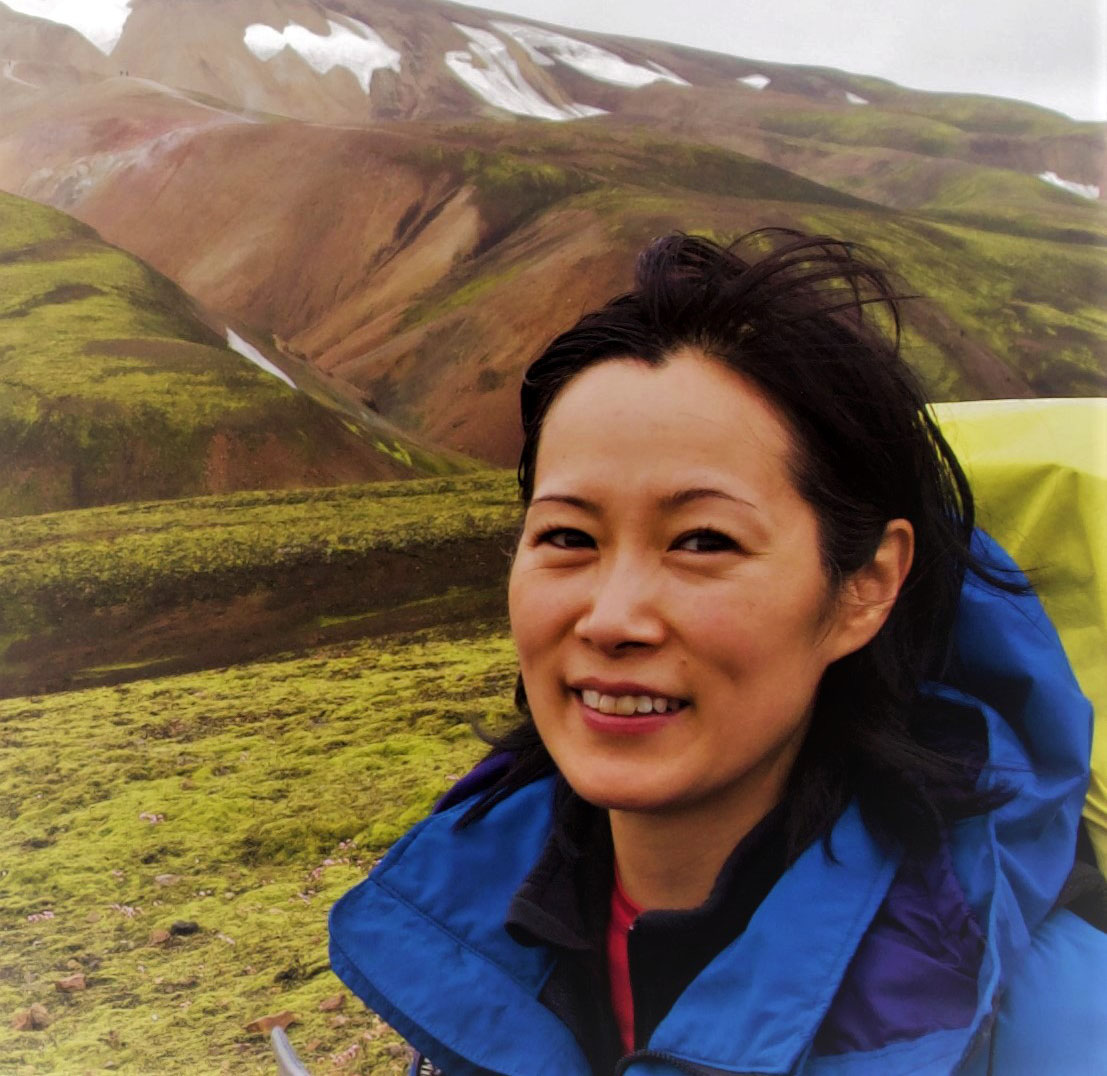
Registering in multiple provinces or territories
Many P.Geo.’s in Canada are registered with more than one regulatory body because they need to be registered in each province or territory in which they work. Transferring registration to another province or territory, or taking out additional licenses, is a streamlined process and will only take a few days.
Becoming a Geoscientist-in-training
Newly graduated geoscientists are encouraged to commence the professional registration process as soon after completing their primary degree as possible, by applying to enter a Geoscientists-in-Training (or “GIT”) program. The GIT program helps to streamline the transition to becoming a P.Geo., but being part of a GIT program before becoming a P.Geo. is not a legal requirement. In all provinces and territories, applying for a license as a Professional Geoscientist is a public licensure process. At any point when a person feels they meet the requisite requirements, they may apply.
For more information on becoming a licensed professional geoscientist (P.Geo.) in Canada, visit Geoscientists Canada’s website Geoscience in Canada which provides:
- A knowledge and experience requirements for professional registration Self-Assessment Tool
- A Licensing Costs estimator
- Information on Getting Your Licence, Geoscience in Canada, and Coming to Canada, as well as
- Information on, and links to, the Canadian regulators of geoscientists.
Trained Abroad
Canada is a country of destination for immigrants from all around the world. Many geoscientists practising as P.Geo.’s in Canada received their education, training and work experience in another country. All geoscientists – trained in Canada or abroad – must register with the regulatory body in the province or territory in which they practice.
All the regulatory bodies have systems in place to provide information to internationally trained geoscientists wishing to apply for a P.Geo. licence. To be eligible to apply as a P.Geo. with a regulatory body in Canada, you are typically required to be a Canadian resident or have a legal work permit to be employed or work in Canada. However, these restrictions are changing and some regulatory bodies now permit geoscientists to commence their application process before arriving in Canada; others offer international non-resident licensure options for globally mobile practitioners.
All regulatory bodies must consider applicants for registration regardless of what country they received their training in and how long ago that training occurred.
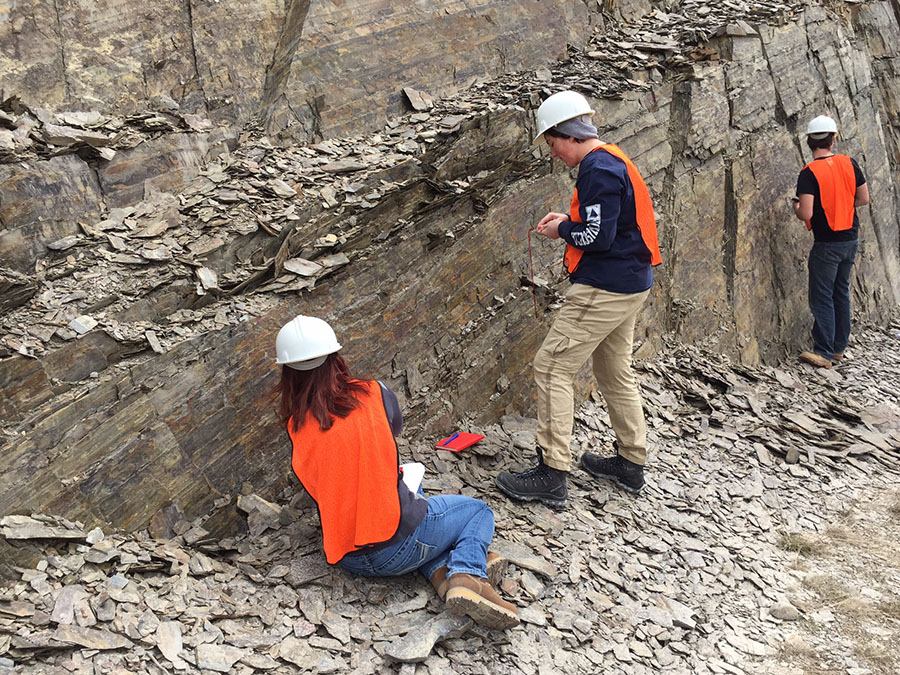
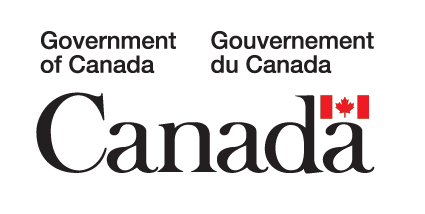
Canada’s Federal Skilled Worker Program is specifically for people with technical and professional skills who have an interest in working in Canada on a temporary basis or who wish to consider immigrating to Canada.
In addition, some provinces and territories have programs to attract skilled workers in order to address specific labour skills shortages in their region. This is done through participation in Citizen and Immigration Canada’s Provincial Nominee Program.
For more information on becoming a licensed professional geoscientist (P.Geo.) in Canada, visit Geoscientists Canada’s website Geoscience in Canada which provides:
- A knowledge and experience requirements for professional registration Self-Assessment Tool
- A Licensing Costs estimator
- Information on Getting Your Licence, Geoscience in Canada, and Coming to Canada, as well as
- Information on, and links to, the Canadian regulators of geoscientists.
